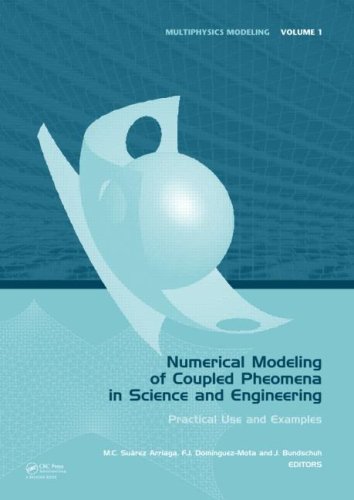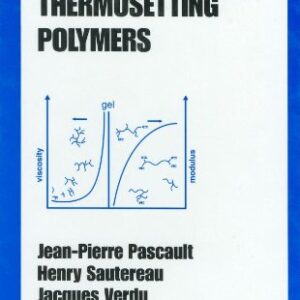Mathematics is a universal language. Differential equations, modeling, numerical methods, and computation form the deep infrastructure of engineering and sciences. In this context mathematical modeling is a very powerful tool for studying engineering, natural systems, and human society.
This interdisciplinary book contains a comprehensive overview of the progress achieved up to date in the modeling of coupled phenomena, computational mathematics and mechanics, heat transfer, fluid-structure interactions, biomechanics, flow of mass, and energy in porous media. These are all among the different topics covered in this book through completely solved practical problems.
Numerical subjects such as grid generation, optimization, finite elements, finite differences, spectral methods, boundary elements, finite volumes and meshless methods are also discussed in detail using real examples. The book provides a thorough presentation of the existing worldwide numerical techniques, but applied to concrete, useful topics.
The models and solutions here presented describe various systems, mechanical, biological, geophysical, technical, ecological, etc. The book is organized in thirty five chapters written by distinguished experts in each one of the different fields covered in its pages. The aim is to present the current state of knowledge in numerical engineering practice, recent and ongoing developments with the projection of new ideas for future research on applied computational engineering mathematics.
This work is for those working in or studying any branch of engineering including structural, civil, mechanics, geological, and geophysical, as well as those involved with aquifers and petroleum reservoirs. Applied mathematicians, physicists, and others will find relevant considerations in the methods discussed.






Reviews
There are no reviews yet.